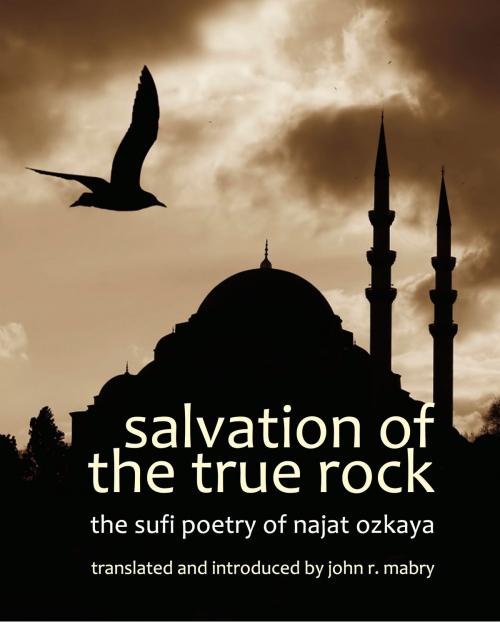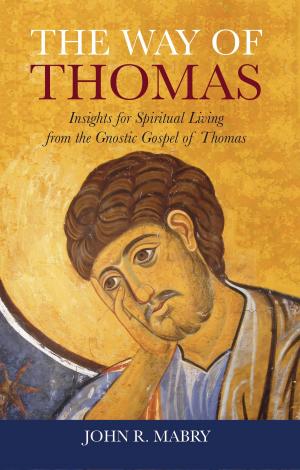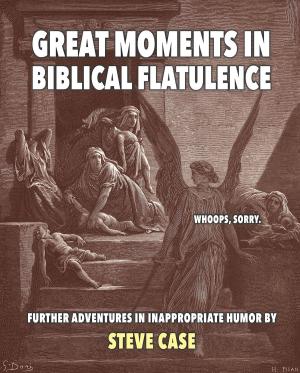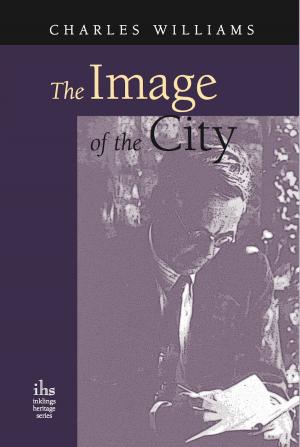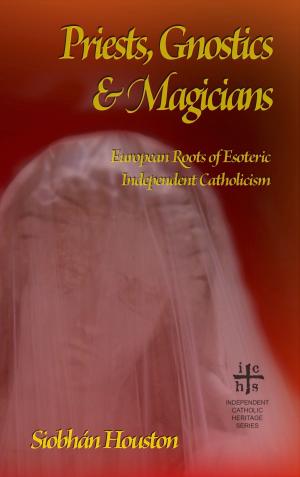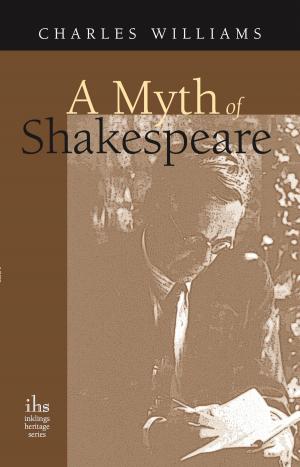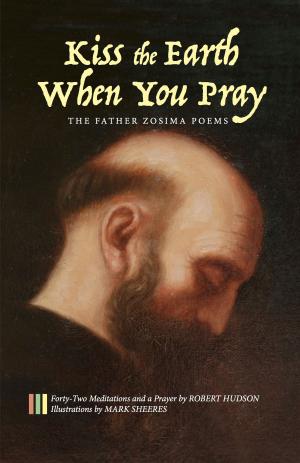Salvation of the True Rock: The Sufi Poetry of Najat Ozkaya
Nonfiction, Art & Architecture, General Art, Art History, Religious| Author: | John R. Mabry | ISBN: | 9781940671680 |
| Publisher: | John R. Mabry | Publication: | February 8, 2016 |
| Imprint: | Smashwords Edition | Language: | English |
| Author: | John R. Mabry |
| ISBN: | 9781940671680 |
| Publisher: | John R. Mabry |
| Publication: | February 8, 2016 |
| Imprint: | Smashwords Edition |
| Language: | English |
Najat Ozkaya was born in Konya, Turkey, in the 14th century CE. His father was a Sufi teacher, and Najat assumed his mantle upon his death. Najat's poetry is similar to the Sufi poetry of Rumi or Hafiz, centered on the relationship of the soul with its Beloved, Allah. Najat's writings were thought to be lost to the world, until religion scholar John Mabry discovered a hand-copied manuscript in the Bu Bir Şaka mosque. Translating in the free, contemporary style of Coleman Barks' Rumi or Daniel Ladinsky's renderings of Hafiz, Mabry has brought Najat back to life, restoring his challenging yet oddly comforting poetry to the world.
…except of course, that all of the above is nonsense. Najat Ozkaya never existed. He is the invention of the poet and religion scholar Mabry. Mabry didn’t discover any long lost text, he just wrote a bunch of poems in the style of Rumi and Hafiz. And you know what? If you like Rumi or Hafiz, we’re betting you’ll like Najat too, whether he actually existed or not.
Najat Ozkaya was born in Konya, Turkey, in the 14th century CE. His father was a Sufi teacher, and Najat assumed his mantle upon his death. Najat's poetry is similar to the Sufi poetry of Rumi or Hafiz, centered on the relationship of the soul with its Beloved, Allah. Najat's writings were thought to be lost to the world, until religion scholar John Mabry discovered a hand-copied manuscript in the Bu Bir Şaka mosque. Translating in the free, contemporary style of Coleman Barks' Rumi or Daniel Ladinsky's renderings of Hafiz, Mabry has brought Najat back to life, restoring his challenging yet oddly comforting poetry to the world.
…except of course, that all of the above is nonsense. Najat Ozkaya never existed. He is the invention of the poet and religion scholar Mabry. Mabry didn’t discover any long lost text, he just wrote a bunch of poems in the style of Rumi and Hafiz. And you know what? If you like Rumi or Hafiz, we’re betting you’ll like Najat too, whether he actually existed or not.
